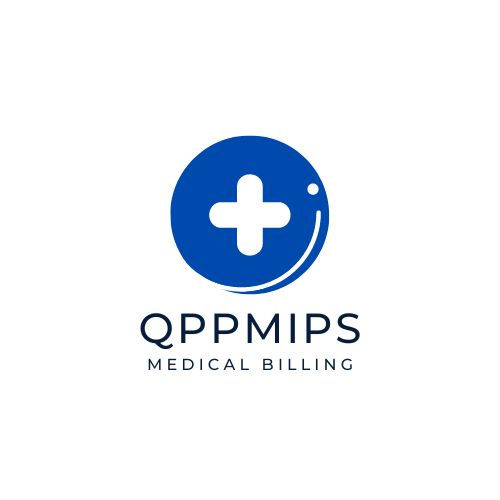In the realm of oncology, accurate reporting is paramount for effective patient care, streamlined operations, and ensuring compliance with regulatory standards. Leesburg, USA, stands as a hub for advanced medical services, including Oncology Reporting Services. This article dives deep into the nuances of oncology service reporting in Leesburg, focusing on billing, coding, and development aspects.
Understanding Oncology Services
What is Oncology?
Oncology is the branch of medicine dedicated to the prevention, diagnosis, and treatment of cancer.
Importance of Oncology Services
Oncology services encompass a range of medical and supportive care aimed at addressing the complex needs of cancer patients. These services include diagnosis, treatment, palliative care, and survivorship support.
Oncology Service Reporting in Leesburg: Overview
Efficient reporting mechanisms are crucial in the oncology sector to ensure accurate documentation, reimbursement, and adherence to regulatory standards. In Leesburg, oncology service reporting encompasses various elements, including billing, coding, and development.
Billing in Oncology Services
Billing Practices
Billing in oncology services involves the systematic generation and submission of claims to insurance providers or patients for services rendered. It includes procedures such as verifying insurance coverage, coding diagnoses and procedures, and submitting claims for reimbursement.
Challenges in Oncology Billing
- Complex Procedures: Oncology treatments often involve intricate procedures, making accurate billing challenging.
- Insurance Reimbursement: Negotiating reimbursement rates with insurance companies can be time-consuming and complex.
- Regulatory Compliance: Ensuring compliance with constantly evolving healthcare regulations adds another layer of complexity to oncology billing.
Coding in Oncology Services
Role of Medical Coding
Medical coding involves translating medical diagnoses, procedures, and services into universal alphanumeric codes for billing and statistical purposes.
Oncology Coding Standards
- ICD-10 Codes: International Classification of Diseases, 10th Edition, is the standard diagnostic tool for oncology coding.
- CPT Codes: Current Procedural Terminology codes are used for reporting medical procedures and services in oncology.
Importance of Accurate Coding
Accurate coding is vital for proper reimbursement, data analysis, and ensuring compliance with regulatory requirements.
Development of Oncology Reporting Systems
Technological Advancements
In Leesburg, the development of oncology reporting systems has witnessed significant advancements, leveraging technologies such as Electronic Health Records (EHR) and Practice Management Systems (PMS).
Benefits of Advanced Reporting Systems
- Efficiency: Streamlined processes lead to increased efficiency in oncology service delivery.
- Accuracy: Advanced reporting systems minimize errors and enhance the accuracy of documentation.
- Data Analysis: Robust reporting systems facilitate comprehensive data analysis for research and quality improvement initiatives.
Conclusion
Oncology service reporting in Leesburg plays a pivotal role in ensuring quality patient care, financial sustainability, and compliance with regulatory standards. By understanding the intricacies of billing, coding, and development, healthcare providers can navigate the complexities of oncology services effectively.
FAQs (Frequently Asked Questions)
1. What are the common challenges in oncology billing?
Common challenges include complex procedures, insurance reimbursement negotiations, and regulatory compliance.
2. Why is accurate coding essential in oncology services?
Accurate coding ensures proper reimbursement, facilitates data analysis, and ensures compliance with regulatory requirements.
3. How do advanced reporting systems benefit oncology services?
Advanced reporting systems enhance efficiency, accuracy, and enable comprehensive data analysis for research and quality improvement initiatives.
4. What role do ICD-10 and CPT codes play in oncology coding?
ICD-10 codes are used for diagnosing oncology conditions, while CPT codes are utilized for reporting procedures and services.
5. How can healthcare providers in Leesburg enhance their oncology reporting practices?
Healthcare providers can leverage technological advancements, undergo training on coding and billing practices, and stay updated with regulatory changes to enhance oncology reporting practices.


Leave a comment